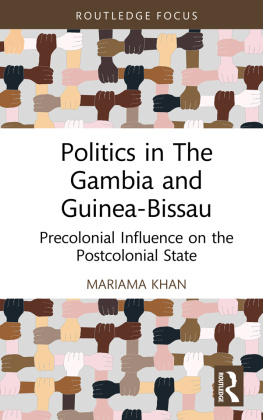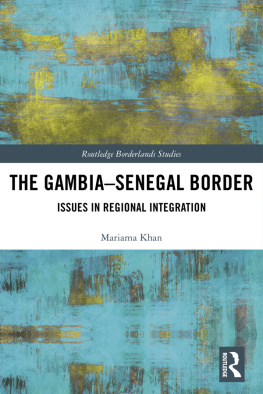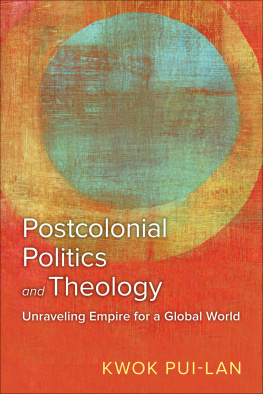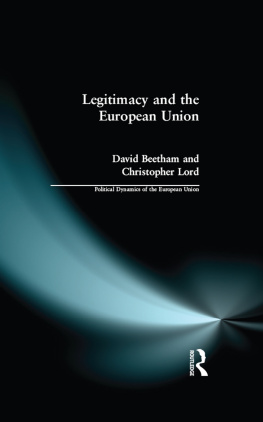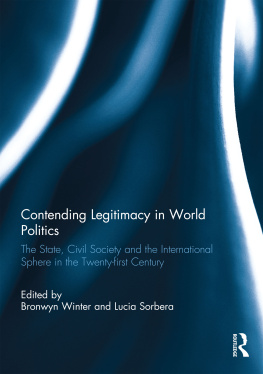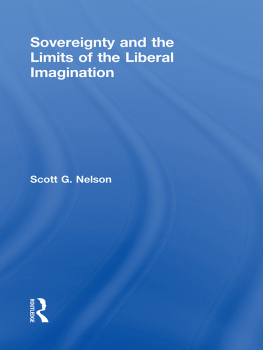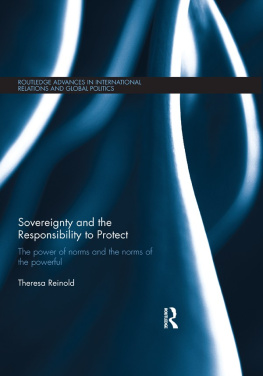Politics in The Gambia and Guinea-Bissau
This book explores how pre-colonial political traditions and practices shape modern-day politics in The Gambia and Guinea Bissau.
The precolonial Kaabu empire dominated the region for over 300 years, leaving a rich oral and ritual culture that emphasized the importance of a rulers legitimacy among the general population. This book traces how postcolonial political administrations and Justice, Integrity and Truth (JIT) movements have mobilized to reclaim, reinvent and subvert traditional Kabunka norms of statecraft to prove their political legitimacy. It shows how cultural memory, oral arts and musical forms can be used to express ideals of leadership and followership and, in the process, create various conversations and debates about politics and society, social attitudes and morality. In doing so, the book captures how the latent but influential social and political practices from Kaabu are reclaimed, reproduced or subverted to contribute to the evolving nature of political rhetoric in these two countries.
Whereas many studies of the state in Africa take Western democratic principles as a starting point, this book provides important evidence on the continuity of precolonial political culture along Africans west coast. It will be of interest to researchers studying politics, history and anthropology both within the region and elsewhere in Africa.
Mariama Khan is a Gambian scholar, poet and cultural advocate. She teaches at Lehman College, New York. She is the author of The GambiaSenegal Border: Issues in Regional Integration.
Routledge Studies in African Development
African Environmental Crisis
A History of Science for Development
Gufu Oba
Development in Nigeria
Promise on Hold?
Edlyne Eze Anugwom
Mineral Resource Governance and Human Development in Ghana
Felix Danso
Alternatives to Neoliberal Peace-Building and State-Building in Africa
Redie Bereketeab
Public Policy Lessons from the AIDS Response in Africa
Fred Eboko
Industrial Policy and the Transformation of the Colonial Economy in Africa
The Zambian Experience
Horman Chitonge
Responding to Mass Atrocities in Africa
Protection First and Justice Later
Raymond Kwun-Sun Lau
Politics in The Gambia and Guinea-Bissau
Precolonial Influence on the Postcolonial State
Mariama Khan
For more information about this series, please visit: www.routledge.com/Routledge-Studies-in-African-Development/book-series/RSAD
Politics in The Gambia and Guinea-Bissau
Precolonial Influence on the Postcolonial State
Mariama Khan

First published 2022
by Routledge
2 Park Square, Milton Park, Abingdon, Oxon OX14 4RN
and by Routledge
605 Third Avenue, New York, NY 10158
Routledge is an imprint of the Taylor & Francis Group, an informa business
2022 Mariama Khan
The right of Mariama Khan to be identified as author of this work has been asserted in accordance with sections 77 and 78 of the Copyright, Designs and Patents Act 1988.
All rights reserved. No part of this book may be reprinted or reproduced or utilised in any form or by any electronic, mechanical, or other means, now known or hereafter invented, including photocopying and recording, or in any information storage or retrieval system, without permission in writing from the publishers.
Trademark notice: Product or corporate names may be trademarks or registered trademarks, and are used only for identification and explanation without intent to infringe.
British Library Cataloguing-in-Publication Data
A catalogue record for this book is available from the British Library
Library of Congress Cataloging-in-Publication Data
Names: Khan, Mariama, 1977 author.
Title: Politics in the Gambia and Guinea-Bissau : pre-colonial influenceon the postcolonial state / Mariama Khan.
Description: Abingdon, Oxon ; New York, NY : Routledge, 2022. |Series: Routledge studies in African development |Includes bibliographical references and index. |
Identifiers: LCCN 2021041889 (print) | LCCN 2021041890 (ebook)
Subjects: LCSH: GambiaPolitics and government21st century. |Guinea BissauPolitics and government21st century. | GambiaSocialconditions21st century. | Guinea BissauSocial conditions21st century.
Classification: LCC J741.G3 K43 2022 (print) |LCC J741.G3 (ebook) | DDC 966.5103dc23
LC record available at https://lccn.loc.gov/2021041889
LC ebook record available at https://lccn.loc.gov/2021041890
ISBN: 978-0-367-69005-2 (hbk)
ISBN: 978-0-367-69006-9 (pbk)
ISBN: 978-1-003-14000-9 (ebk)
DOI: 10.4324/9781003140009
Typeset in Times New Roman
by Newgen Publishing UK
To Professor Susan H. Holcombe who taught me many more things after Heller School, Brandeis University.
Contents
Acknowledgments
I started writing this book in 2019 and presented parts of it at the 2nd Annual Mid-Atlantic and Great Lakes African Studies Conference at the University of Pittsburgh on 11 May 2019. Since then, I received excellent feedback from anonymous reviewers, whose comments and suggestions were invaluable in shaping the content of the book. I extend profound thanks to them. I would like to profoundly acknowledge and thank Helena Hurd and Rosie Anderson for their support with the book, and to Leila Walker for her help in the past. I thank Professor Peter Karibe Mendy, Professor Pierre Englebert, Joo Bernardo Vieira, Braima Sanh and Malam Man for sharing their insights on Guinea-Bissau with me. I also thank Sunkareh Jabang, Jainaba Kanyi, Mariama Camara, Ba Karamo Manneh, Demba Ceesay, Dr Adama Mbodj and Sulayman Sanyang for sharing their insights on Gambian politics. I extend special thanks to Dembo Kambi, my valuable research assistant. Additionally, I acknowledge Dr Mark Christian, my boyz Abdul, Omar and Muhammad, and brother Omar Khan.
Introduction The search for good leadership
DOI: 10.4324/9781003140009-1
Lies have width but their length do not go far.
(Mandinka proverb)
If you do not know where you are going return to where you come from.
(Wollof proverb)
Political culture in postcolonial Gambia and Guinea-Bissau has been largely slippery and divisive. For many, politics mean to maneuver, wrench spoils from a struggling collective, and live large. This view sees politics as an amoral affair of the self-interested. It separates social morals and collective ethics from political culture. But political culture derives from society. Like a toxic body of water, divisive politics flows into the fabric of society to soak it deep with its polluted force. This is partly why politics in The Gambia and Guinea-Bissau has been beyond comprehension, full of unpredictable patterns and outcomes. In short, politics in the two countries is literally insane.
Widespread social disenchantment with immoral politics has given rise to what I call Justice, Integrity and Truth (JIT) movements in countries like Mali, Guinea-Bissau, The Gambia and Senegal. JIT is a pun derived from nJit, which means leader in Wollof. JITs are largely spearheaded by youths and women, and their influence has rapidly expanded since 2016. They demand civic or democratic leadership, moral politics, good and effective leadership; politics that sees the nation not sectionalist divisions, wipes out or lessons corruption and patrimonial practices. They mobilize people across regions, ethnicities, religions, etc. Thus, JITs are the rising oppositional force to the old way of doing politics in Africa. Senegal is one country in which they have made a prominent mark in the political and social scenes. From the President Abdoulaye Wade era Yen Mare (from the French meaning Enough is Enough) movement to the Macky Sall era Nittu Degg (a Wollof term meaning A Person of Truth) movement, the search for truth, justice, cultural dignity and moral politics is a defining call for JITs. Their renewed cultural awareness is highlighted as they employ indigenous terms, phrases and motifs to communicate their aspirations. Since JITs are more advanced and better developed in Senegal, I will draw enough examples from there.

